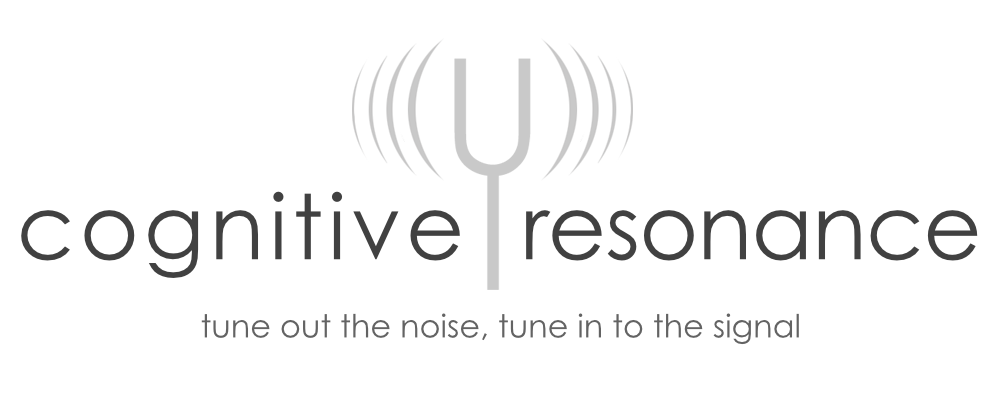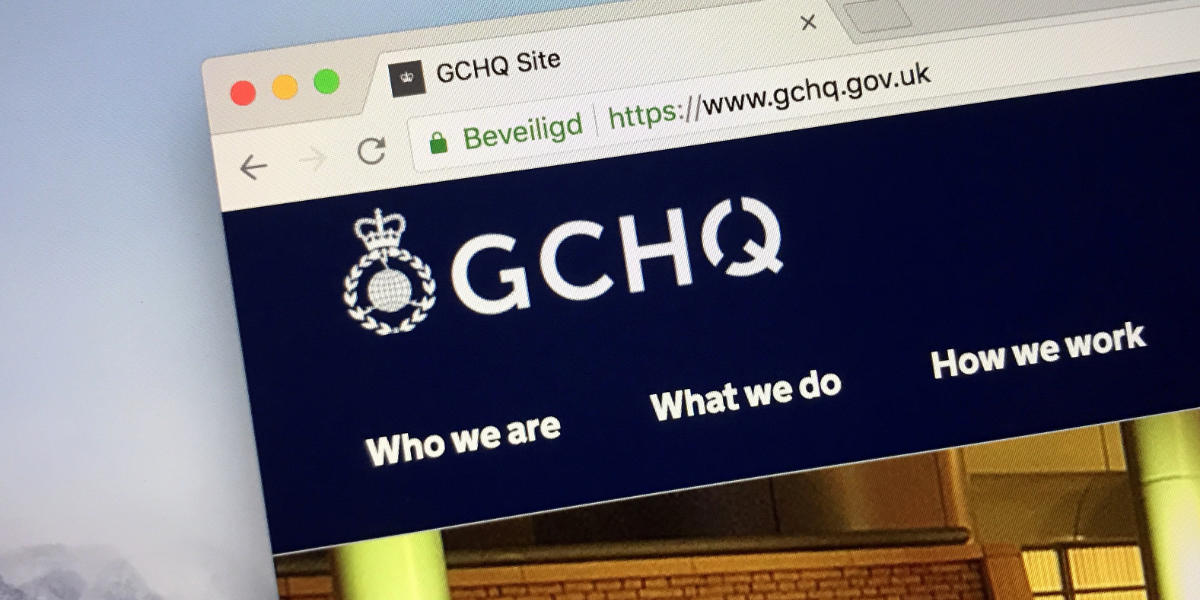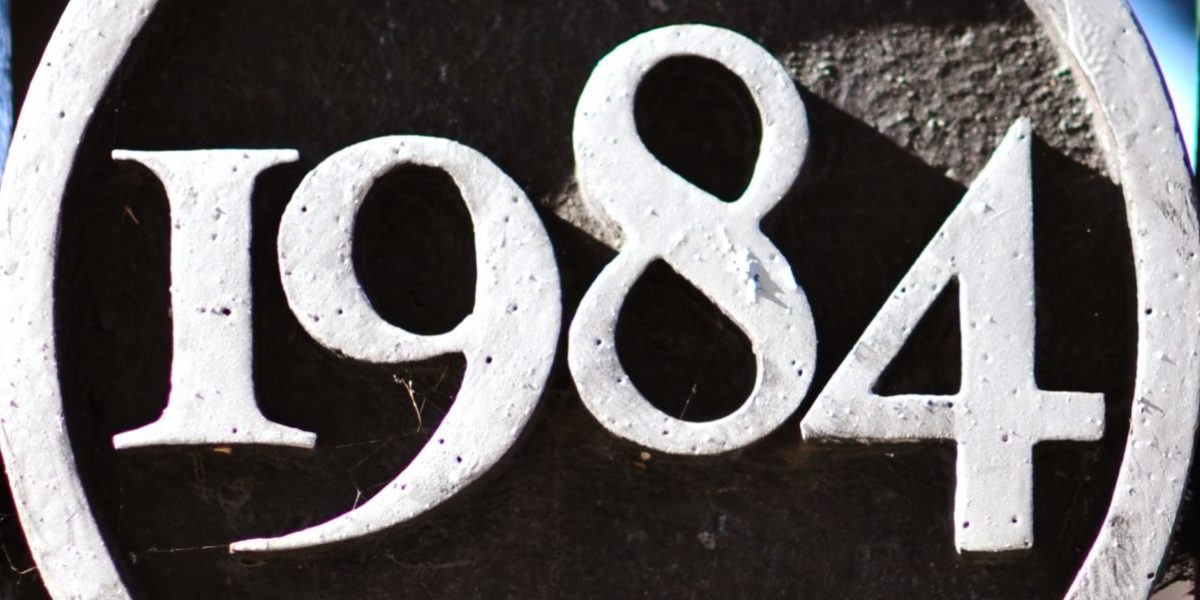Human rights judgment follows legal challenge begun in 2013 after Edward Snowden’s whistleblowing revelation
The UK spy agency GCHQ’s methods for bulk interception of online communications violated the right to privacy and the regime for collection of data was unlawful, the grand chamber of the European court of human rights has ruled.
In what was described as a “landmark victory” by Liberty, one of the applicants, the judges also found the bulk interception regime breached the right to freedom of expression and contained insufficient protections for confidential journalistic material but said the decision to operate a bulk interception regime did not of itself violate the European convention on human rights.
The chamber, the ultimate court of the ECHR, also concluded that GCHQ’s regime for sharing sensitive digital intelligence with foreign governments was not illegal.
The grand chamber judgment is the culmination of a legal challenge to GCHQ’s bulk interception of online communications begun in 2013 by Big Brother Watch and others after Edward Snowden’s whistleblowing revelations concerning the interception, processing and storing of data about millions of people’s private communications by the eavesdropping agency.
Read the full story in the Guardian
“Our right to privacy protects all of us. Today’s decision takes us another step closer to scrapping these dangerous, oppressive surveillance powers, and ensuring our rights are protected.”
Megan Goulding, lawyer from ‘Liberty’







